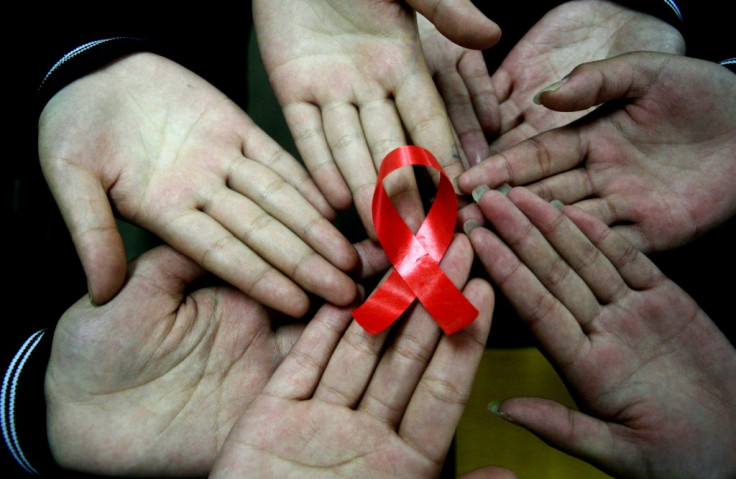HIV patients with strong immune system may 'overpower' virus and achieve functional cure
A small percentage of patients were able to stifle the replication process of the virus because of their very strong immune systems.
The long-feared HIV may not remain undefeated anymore as new research showed that a number of HIV patients called "elite controllers" seemed to have reached a functional cure for the deadly virus. The body, on its own, isolates the virus into an area in the human genome so remote that it could no longer replicate itself.
In a study published in Nature, Ragon Institute of MGH, Harvard and MIT researchers talked about the less than 0.5 percent of people with HIV who were able to naturally control the replication of the virus without the help of drugs or surgery. The researchers used the method called next-generation sequencing to ascertain this.
Researchers found that a small percentage of patients were able to stifle the replication process of the virus because of their strong immune systems. The virus hides in a remote spot in the genes. Dr Xu Yu, the senior author, and researcher of the study narrated to Fox News that this spot is so remote that the virus becomes unreachable for the "machinery" used by the genes to produce proteins. Since the smart HIV virus uses this machinery to replicate, it can no longer do so once it hides in the remote area of the genes.
Yu explained that other HIV patients may make use of antiretroviral therapy (ART) drugs, at times for more than two decades. However, with the advanced sequencing technology, there is now a means to analyse the cells of the patients. This will then give doctors an idea when they are able to reach a similar state with that of elite controllers. Once this is ascertained, doctors may now halt treatment and patients can start living healthier lives.
The researcher also recounted what their group did to establish the response of the virus against the super immune system of elite controllers. They analysed more than a billion blood cells of a 66-year-old HIV patient from Willenberg, California. They found that millions of cells from the patient's digestive system did not indicate the presence of the virus.
Yu clarified however that the patient could not be categorically declared as "absolutely cured" unless each cell in her body is properly analysed. What the team is hoping to learn is how a patient's immune response can be enhanced so that other HIV patients could also achieve the same status.
© Copyright IBTimes 2025. All rights reserved.






















